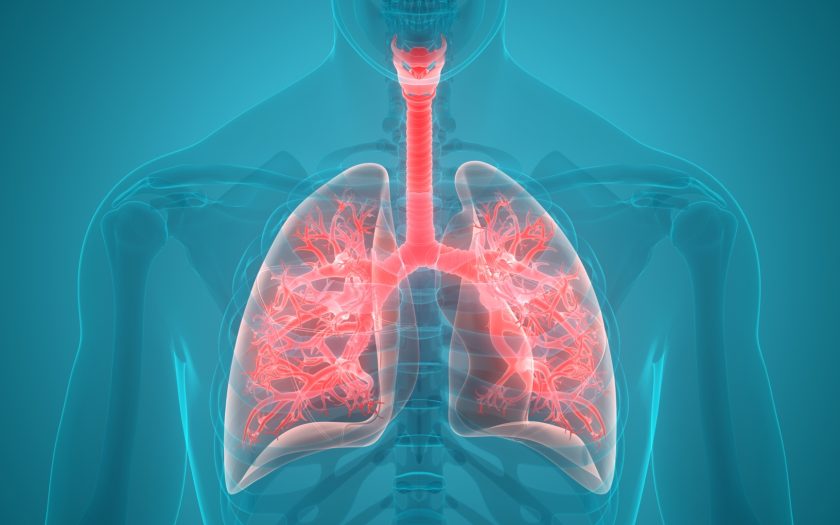Spend more time outdoors and practice proper breathing.
Spending time outdoors, where the air is usually fresher and cleaner, helps your body better absorb oxygen, which is especially important after illness when your lungs may be weakened. Additionally, being outside helps the lungs clear out any residual infection from the illness. Proper breathing while walking in the park also plays a vital role in lung recovery. Breathing exercises, in turn, strengthen the lungs, helping to improve the volume of air inhaled and the functioning of the respiratory muscles. In addition, walking in the fresh air helps to reduce stress levels, which also has a positive effect on the recovery process, as stress can slow down the body’s recovery.
Laugh more.
Laughter has several positive effects on health and its role in lung recovery after pneumonia should not be underestimated. First, laughter is a natural stimulant for the respiratory system. When you laugh, it encourages deep inhales and exhales, helping the lungs expand and improving ventilation. Secondly, laughter also actively works the muscles of the diaphragm, which helps to train the respiratory muscles and strengthen them. Regular laughter can help restore muscle tone and make breathing easier. In addition to physical benefits, laughter improves mood, which is crucial for a speedy recovery. So, don’t miss the chance to laugh — attend comedy shows, read jokes or do whatever makes you smile.
Engage in stretching and yoga.
Stretching and yoga classes can be effective for lung recovery after pneumonia for several reasons. Firstly, it is the fact that attending such classes helps to develop chest mobility, which helps to restore proper lung function and you will immediately feel yourself breathing more easily. This is especially important after pneumonia, when the lungs may be weakened and their ability to expand is limited. Specific stretching exercises help restore full lung capacity. Second, yoga and stretching strengthen the muscles responsible for breathing, particularly the diaphragm and intercostal muscles. This enhances the body’s ability to effectively inhale and exhale air, which is vital for restoring lung function. Additionally, yoga and stretching can boost energy levels and activate the body’s energy flow, helping to restore strength after illness. Exercises that are performed with deep breathing stimulate energy and blood circulation, improving your condition.
Follow all the doctor’s recommendations.
It is essential to carefully follow your doctor’s advice, as many people believe that treatment for pneumonia only lasts a week and after that, everything will resolve on its own. However, this is false, as medication (for example Alphamox, Ampisyn, Claribid) may continue even after symptoms have disappeared. The doctor takes into account your body’s specific needs, lung condition, level of tissue damage and the stage of the illness, so personalized treatment methods will help restore lung function most effectively. Additionally, the doctor may prescribe respiratory exercises or other techniques that will accelerate your recovery and improve your well-being.

